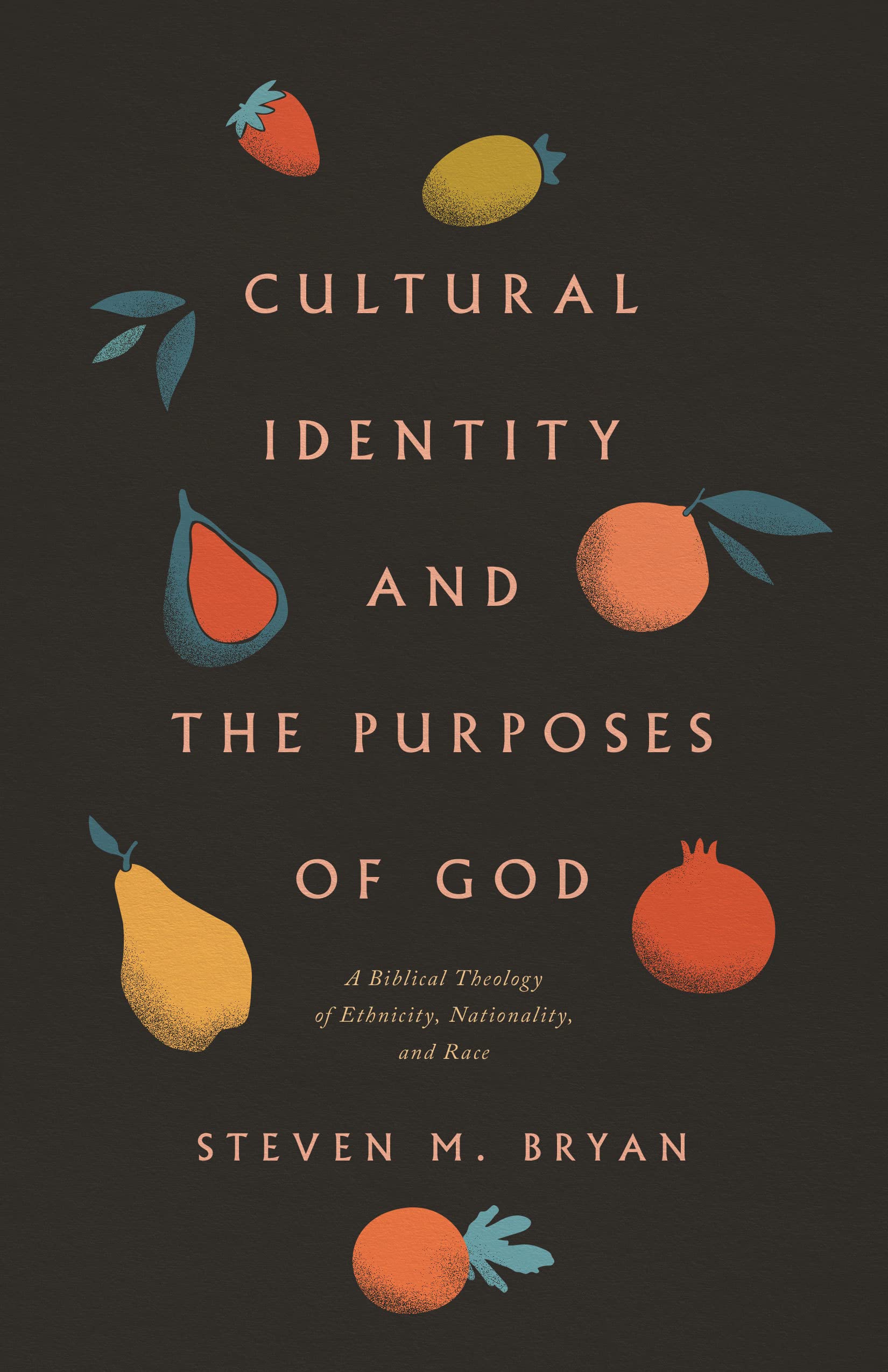Differences in collective identity were intended by God to be a rich source of blessing. Instead they have become one of humanity’s greatest sources of conflict, suspicion, alienation, and violence.
The animosity engendered by cultural difference has also cut deep chasms within the church. No less than others, Christians have struggled to understand and respond to the many ways in which our sense of belonging to a group shapes our experience of life and our perceptions of those who belong to other groups. As a result, these differences in collective identity and the cultural expressions that mark them easily become a source of distrust and division.
Two Missteps for Followers of Christ
Whether cultural divides are conceived as differences of ethnicity, nationality, race, or other aspects, the tensions that arise when cultures collide have led many Christians to think that cultural difference is itself a problem. Christians who come to this conclusion often do so under the influence of two significant misreadings of Scripture.
#1: ‘Cultural differences are a result of human rebellion.’
First, many Christians have understood Scripture to indicate that cultural difference is the result of human rebellion rather than a part of God’s design. Thus, Christians have often imagined that God will one day bring an end to cultural difference and think of heaven as a place where the harmony of Babel before its destruction will be restored. Those who understand the incident at Babel in this way assume that God’s intention must be to create unity by forming a people without cultural difference, a people with one language and one culture.
In this view, the problem with the plans of the rebels at Babel is simply their determination to make a name for themselves. In truth, the Babel narrative makes plain that this desire to make a name for themselves is really a desire to have but one name, with one language and one people. They pursue this aim as a rejection of God’s intent that humanity fill the earth with peoples with many names and languages and cultures.
Article
The Arts Are Not a Universal Language
Christians in every culture must be empowered to engage with God through their own artistic expressions.
#2: ‘It’s all about God and the individual.’
Second, Christians who think that humanity would be better off without cultural differences often do so because they take a limited view of what Scripture is about. For many Christians, the Bible is fundamentally about the relationship between God and the individual. To be sure, that is a crucial and central part of the story. Some have rightly argued that the contemporary idea that all human beings are equal in dignity and worth originated in the biblical notion that all human beings are made in the image of God. This idea has been a force for enormous good in the world. Evangelicals have further strengthened the value and importance of the individual by emphasizing the possibility and necessity of an individual relationship with God on the basis of Christ’s death and resurrection.
But to think of Scripture as focused only on individuals and their relationship with God and with other individuals overlooks a key emphasis of Scripture. The fact is that Scripture has quite a lot to say not just about people but about peoples, not just about individuals but the culturally distinct groups to which they belong.
The practical and political effect of these two missteps—one a misunderstanding of God’s purpose and the other a misconception about God’s Word—is that Christians have often been left without the biblical resources they need to combat false or misleading ideas about the shape that human societies ought to take.
As a result, many Christians have succumbed to the temptation of thinking that cultural multiplicity within a society is unworkable and must somehow be prevented, banished, or reduced.
Some Christians have found themselves implicated in a global resurgence of nationalism or ethno-nationalism—the belief that a nation should be culturally singular or that each culture should have its own people. Some have even identified as ‘Christian nationalists’ to describe their aspiration for their nation to have a single Christian culture. This rising trend can be seen in contexts around the world, from Brazil to Russia, Hungary to the US.
An important place to begin in combatting this false ideology is with the book of Genesis.
A People of Peoples
The opening chapters of Scripture situates individuals within families and families within peoples. This is the result of what has sometimes been called ‘the cultural mandate’—God’s commission to humanity to not only ‘fill the earth’ but to rule over the earth as its caretakers and stewards. This commission results in the differentiation of human families and peoples, as they interact with one another and with God’s creation in a way that mirrors God’s creativity.
The problem is not the emergence of difference between peoples as humanity fills the earth with distinct cultures, but the fact that human beings also fill the earth with violence. Babel represents a human solution to the problem of difference with the effort to eliminate it. They dress it up in the language of unity. But unity implies difference, and what they seek is not a unity of difference but rather a society of sameness. In the eyes of the author of Genesis, the uniformity they pursue is idolatrous.
Article
Why Canada’s Multicultural Policy Falls Short of the Gospel Ideal
As God’s new humanity, we are called out from our ethnocentrism as witnesses to the power of God to redeem and restore a multi-ethnic reality.
The encounter between God and Abraham that immediately follows the rebellion at Babel unveils the divine purpose to restore blessing to humanity by restoring the blessing of a properly functioning nationhood. When God promises to make from Abraham a ‘great nation’, he means that he will form from Abraham an ordinary people, one whose greatness will consist in the righteousness of a collective life lived before God and for God. This will be a people who love God and love one another. But the greatness will also consist in the way the restoration of life and blessing to this one people becomes a means of blessing to all peoples.
The peoples of the earth are neither to collapse their differences into unitarian sameness (as at Babel) nor to distort their diversity into a hierarchy of oppression and violence, as in the empires against the background of which so much of the story of Scripture unfolds. Each empire claims to be a people of peoples but they are all parodies—poor imitations at best—of the people of peoples envisioned in God’s covenant with Abraham. In the divine vision revealed to Abraham, God promises to form a people of peoples. In this people, a common culture of righteousness and love makes possible the inclusion of many cultures. No one is a native-born member of this common culture—inclusion is not what one group offers to another but what each offers to the other. Within the one people, all peoples come together in a community of blessing with God in their midst as the ultimate source of blessing.
An Ongoing Relationship of Reciprocity
It should be clear from this discussion that the blessing envisioned in God’s covenant with Abraham is not a cipher for material prosperity. Instead it is a depiction of every people doing what they are meant to do—living with one another in righteousness and peace, but doing so through a myriad of expressions of the creative stewardship of God’s creation.
For that to happen, every nation and people must regard every other nation and people not only as important to God but as essential to their own well-being. The blessing that originates with God is not simply allocated to all peoples, as though each nation and people were independent of all others or able to experience this blessing in isolation from all others.
Rather, it originates with a God who blesses one people, a people who in turn mediate that blessing to other peoples. Those peoples, in response, return blessing to the one people and to God, who then imparts his blessing to them, as part of an ongoing relationship of reciprocity. As one people, they share a common culture defined by their love for God and love for people. This common culture makes it possible for the many cultures within it to flourish.
The love of God and the love of neighbor turns out not just to be a great way to think about what it means to be a disciple but a deeply biblical way of thinking about a people living within a larger whole, sharing life and land and love, with other peoples.
Throughout Scripture, the biblical authors maintain a clear focus on both the extraordinary significance and value of individuals made in the image of God (Genesis 1:26-27) and of the peoples within which individuals live their lives (Revelation 7:9; 21:24). To view reality in this way means that Scripture necessarily focuses not only on individuals (and their relationships with one another and with God) but also on peoples (and the relationships between them before God). In doing so, we find that in the crucifixion and resurrection of the Messiah, God has raised up the people envisioned in his promise to Abraham as individuals turn from their sin and receive a righteousness that comes from God.
This ‘in Christ’ people is one people, but they are also a people made up of many peoples—a people of peoples whose ethnic and racial differences prove vital to their life as one people, whose unity consists in the loving reciprocity of blessing they pursue as love for God, the source of all blessing.
Editor’s Note: This article is based on the author’s book, Cultural Identity and the Purposes of God: A Biblical Theology of Ethnicity, Nationality, and Race, published in July 2022 by Crossway.
Book
Cultural Identity and the Purposes of God
Steven M. Bryan
How can Christians embrace God’s purposes for diversity and experience renewal and unity as his people?




